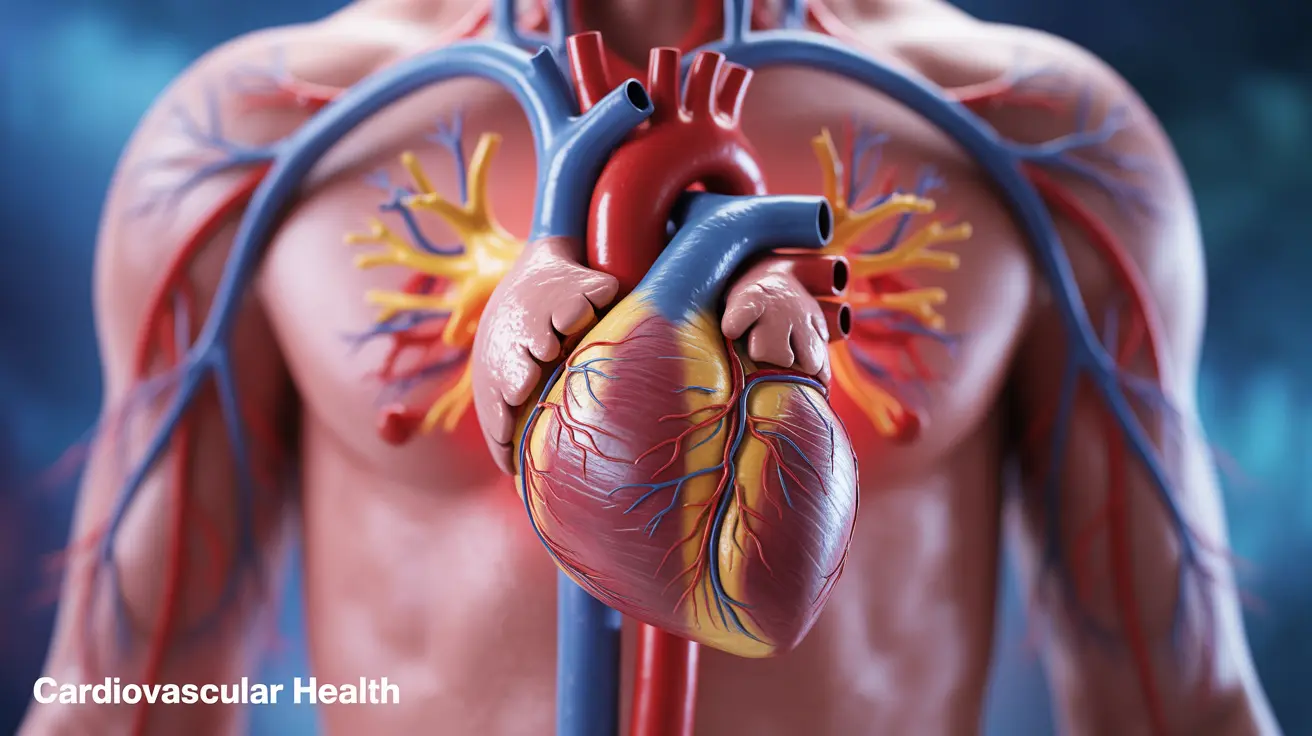When it comes to heart health, two types of fats play crucial roles in our bodies: triglycerides and cholesterol. While often mentioned together, these distinct compounds affect our cardiovascular health in different ways. Understanding their unique characteristics and functions can help you better manage your heart health and make informed lifestyle choices.
Both triglycerides and cholesterol are essential for normal body functions, but elevated levels of either can increase your risk of heart disease. Let's explore their differences, health impacts, and management strategies in detail.
The Basic Differences Between Triglycerides and Cholesterol
Triglycerides are the most common type of fat in your body, primarily serving as an energy storage mechanism. When you consume more calories than your body needs immediately, these excess calories are converted into triglycerides and stored in fat cells for later use.
Cholesterol, on the other hand, is a waxy substance that your body uses to build cells and produce certain hormones. Unlike triglycerides, cholesterol doesn't provide energy but is essential for various bodily functions, including digestion and vitamin D production.
How These Fats Affect Your Heart Health
Both elevated triglycerides and high cholesterol can contribute to the development of cardiovascular disease, but they do so through different mechanisms:
Impact of High Triglycerides
- Can contribute to the hardening of arteries
- May increase inflammation in blood vessels
- Associated with metabolic syndrome
- Can indicate poor cardiovascular health
Impact of High Cholesterol
- Can form plaque buildup in arteries
- May lead to atherosclerosis
- Different types (HDL vs. LDL) have varying effects
- Directly linked to heart attack and stroke risk
Managing Triglycerides and Cholesterol Levels
Fortunately, many of the same lifestyle changes can help manage both triglycerides and cholesterol levels effectively:
Dietary Changes
- Limit refined carbohydrates and sugary foods
- Choose healthy fats over saturated fats
- Increase fiber intake
- Reduce alcohol consumption
Lifestyle Modifications
- Maintain a healthy weight
- Exercise regularly
- Quit smoking
- Manage stress levels
Understanding Your Lipid Panel Results
A comprehensive lipid panel measures both triglycerides and cholesterol levels, providing valuable information about your cardiovascular health. Normal triglyceride levels are typically below 150 mg/dL, while optimal total cholesterol should be below 200 mg/dL.
Frequently Asked Questions
What is the difference between triglycerides and cholesterol and how do they affect heart health? Triglycerides are fats used for energy storage, while cholesterol is a waxy substance used for cell building and hormone production. Both can affect heart health, but triglycerides primarily impact inflammation and metabolic health, while cholesterol directly affects arterial plaque formation.
How can high triglyceride levels increase the risk of heart disease compared to high cholesterol levels? High triglycerides typically indicate metabolic issues and can contribute to inflammation and arterial hardening. While high cholesterol directly forms arterial plaques, high triglycerides often signal broader cardiovascular and metabolic problems that can increase heart disease risk through multiple pathways.
What lifestyle changes can help lower both triglycerides and cholesterol effectively? Regular exercise, maintaining a healthy weight, limiting refined carbohydrates and sugary foods, choosing healthy fats, increasing fiber intake, and reducing alcohol consumption can help lower both triglycerides and cholesterol levels.
Why do doctors test for triglycerides and cholesterol together in a lipid panel? Doctors test both because they provide different but complementary information about cardiovascular health. Together, these measurements offer a more complete picture of heart disease risk and metabolic health.
Can someone have normal cholesterol but high triglycerides, and what does that mean for their health? Yes, this is possible and often indicates underlying metabolic issues, such as insulin resistance or poor dietary habits. Even with normal cholesterol, high triglycerides can significantly increase cardiovascular risk and may require lifestyle modifications or medical intervention.




